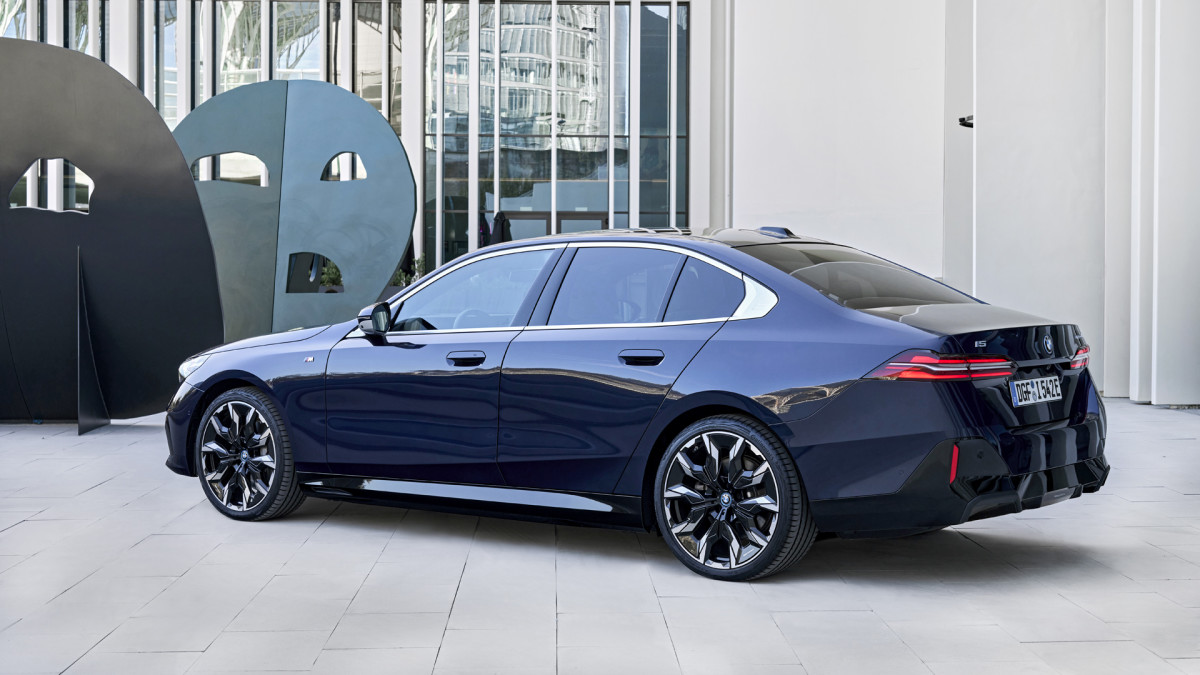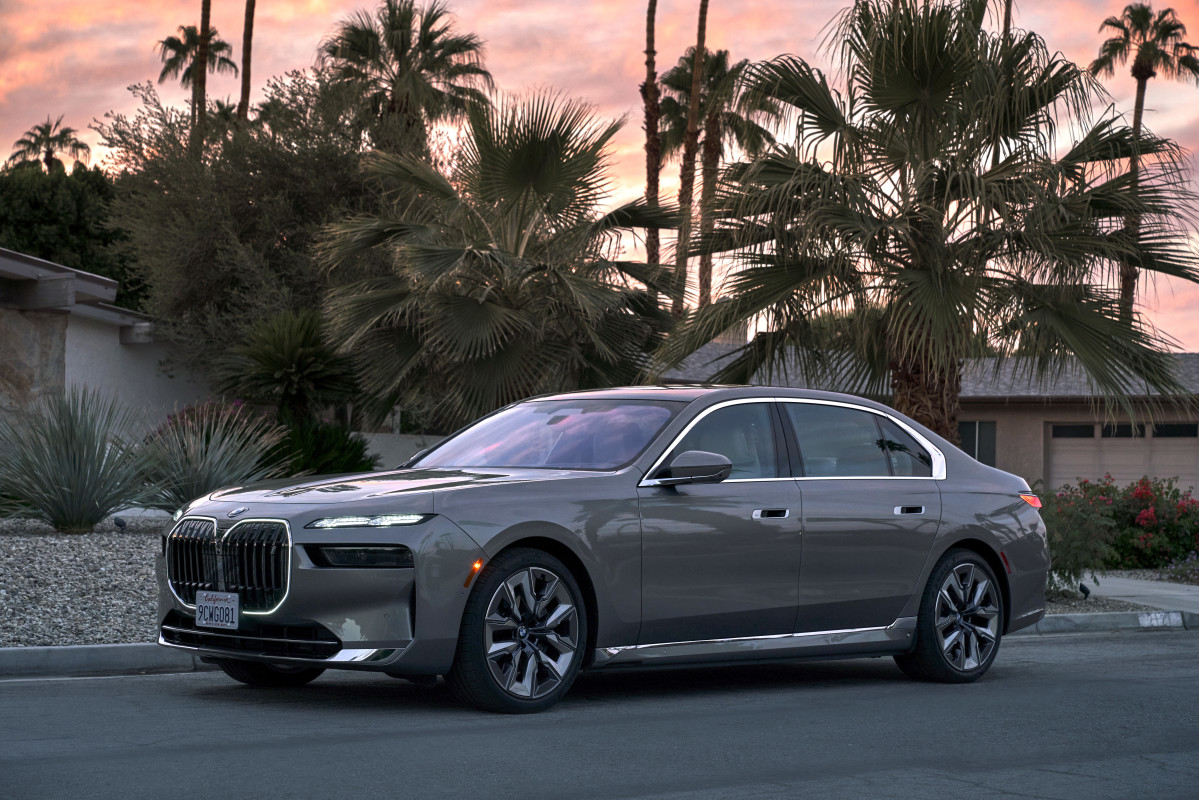BMW EVs are in danger
If you’ve been eyeing a new BMW EV, now might be the best time to purchase. Though interest rates for new car purchases remain high (above seven percent for even the most qualified buyers), a new report suggests electrified BMWs may become increasingly difficult to come by, at least for the next month or two.
Automotive News reports that BMW has told dealerships it will “postpone” EV production through May. If the report is accurate, it means BMW will not manufacture an electrified vehicle for the next three to four weeks. The upside to this news is that BMW has also reportedly told dealerships that it will not raise the pricing for existing vehicle stock on most vehicles until at least June.

BMW
Why BMW might be pressing pause on EVs
The report didn’t give any reasons for the pause, but all signs point to tariffs on automobiles. BMW builds vehicles stateside, yes, but not EVs. Even if those EVs were built in the United States, the automaker has a global supply chain for their various components. BMW’s four fully electrified vehicles, the i7, i5, i4, and iX, are all manufactured in Europe, where BMW has been hard at work retrofitting manufacturing facilities to better accommodate the production of EVs on the same production lines as ICE vehicles. The i4 is built in BMW’s signature Munich plant, while the i7, i5, and iX are built at its Dingolfing, Germany plant.
Price increases are on hold for most vehicles
In its memo to dealerships, BMW says it will hold price increases on most vehicles through June. The exceptions are the M2 and 2 Series, which are manufactured in Mexico and are likely subject to import tariffs. Interestingly, BMW is also set to build its Neue Klasse vehicles in Mexico for delivery to the U.S. sometime this year, although the automaker hopes to have its Spartanburg, South Carolina, plant ready to manufacture Neue Klasse vehicles by the end of 2026.

BMW
It’s not known if BMW has begun importing vehicles to the United States en masse to avoid import tariffs once they kick in, but it seems like a reasonable assumption. The 2 Series and M2 are the only vehicles with cost increases, suggesting there may not be an existing stock of those vehicles, and they are manufactured mainly when a customer orders them.
Final thoughts
BMW has an efficient vehicle production operation, making many of its vehicles to order. This keeps backstock low but may also make BMW more subject to fluctuations like the looming tariffs. That the automaker is only discussing its plans through the end of May suggests the company can’t forecast what (if any) effects may be felt from tariffs, which remain in a fluctuating state of efficacy.